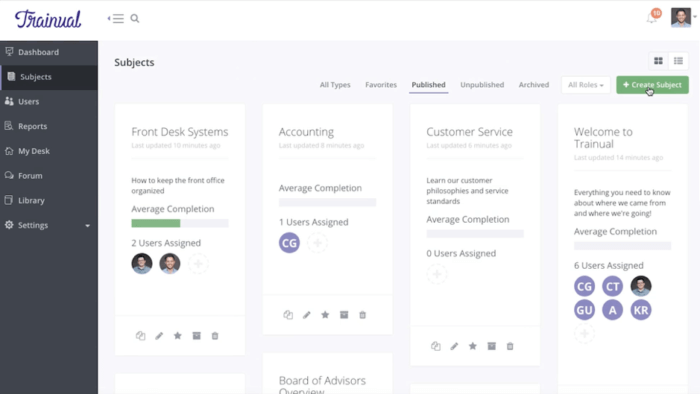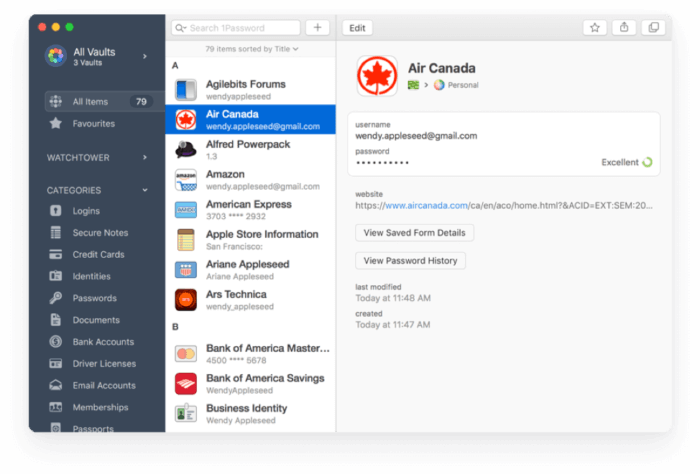Working from home does require a certain approach to be effective, but if you get it right, you can build an effective remote marketing team
With more of us working from home than ever before, use these top tips to build a remote marketing team so you can keep your team on track and meet your KPIs.
There are many benefits for all types of organizations, from small startups to large marketing teams to work remotely, including:
- We are in the midst of a digital skills gap, meaning you may need to search harder to recruit the expertise you need for new roles
- Research has found that employees are 77% more productive when they work from home than at an office.
- Businesses can slash their overhead by doing without office space.
- Modern technology makes virtual collaboration and communication a reality.
Marketing teams, in particular, are well-suited to running off-site, since marketing professionals are natural communicators and most of their work these days takes place in the digital realm. However, if you are used to working onsite, you might approach creating a distributed team with some trepidation.

Remote teams do require a certain approach to be effective. If you set expectations upfront, stay organized, maintain communication, and use the right tools, then your marketing team has everything it needs for success.
With that in mind, having the right tools in the first place make a big difference. Here’s an overview of the six most essential tools and tips to get you started:
1. Hire the right people to fuel your remote marketing team
First and foremost, you will need to hire a team that is comfortable working remotely and committed to putting in the work. Your team must be organized, motivated, autonomous, and creative. That’s a lot to ask, but the right candidates are out there.
Finding the right folks may take you some effort, but the good news is that there is no shortage of qualified talent seeking remote work, whether it be on a freelance or salaried basis. Interview applicants via Skype or Zoom.us to simulate a face-to-face interview. You will feel more comfortable with your hires if you are able to connect on a visual level, rather than just confirming workloads through email.
2. Document everything
Because your team is not all gathered in the same place every day, it is doubly important that policies, procedures and processes are clearly documented.
During weekly meetings document the accomplishments of your team and remote marketers. Provide special recognition to your top performers and explain how their work contributed to your team’s mission. Create metrics that can help you measure the results of your marketing effort, so you have the information you need to manage your team and it is documented for your use later on.
A handbook outlining expectations and etiquette for remote workers is essential. Have each employee document their own day-to-day processes so that any other team member or future employee can seamlessly step in if needed. Tools like Trainual create video process documents that make it easy for new employees to get up to speed on business processes.

3. Stick to a style guide
It is vital to remember that communication is everything when it comes to remote marketing teams.
Creating a style guide is a great way to make sure that your team is consistent in its external communication, whether it be in the form of blog posts, whitepapers, social media posts or other documents. A typical style guide will include rules for things like capitalization, punctuation and word usage.
A style guide takes the guesswork out of most days of writing and gives your team a voice in which to write as one strong unit.
Creating a style guide that exemplifies the strengths of your team can also be helpful to share with clients to gain trust and prevent any fears of using various remote marketing team members. A client-facing style guide will show how your team will communicate the brand consistently. The client can confidently sign off on the style guide, and rest assured that whoever picks up the project will deliver an outstanding and on-brand product.
Craft your own style guide from scratch or adapt an existing style guide such as the AP Stylebook.
4. Stay secure
One potential risk of managing a remote marketing team is information security.
You can mitigate that threat by having your remote team use a remote-access VPN to create a secure connection whenever and wherever they use the internet. ProPrivacy.com maintains a great directory of VPNs so you can choose the best one for your team’s needs.
You should also be careful about sharing passwords across the various web-based services your team uses. LastPass and 1 Password are both reliable services that make managing passwords easier and more secure.

If your freelancers happen to use company computers for their work, it is vital that they use proper etiquette when handling the devices so that devices are kept secure from any compromising data.
Tips for employees using their work computers at home include:
- Never save personal documents to your work computer. Not only could you accidentally compromise security with a buggy file, but at the end of the day, the content you download onto your company computer belongs to the company if it stays there after you leave.
- Do not browse any sites you would not show your boss. You would not do this in an office space, and you should not do it on a work computer in your home. Plus, suspicious websites could come with viruses and malware that could do serious harm to the device.
- Fight the urge to shop online, as cookies and ad popups could slow down your work device from shopping websites.
- Only use your work email, as viruses or phishing emails could potentially wind up in the work device via your personal email.
Maintaining both secure log-ins and proper rules of the web will keep remote workers focused and the network system safe from outside attacks.
5. Leverage communication tools
Having the right online tools for your team are key components of any world-class marketing team. Unfortunately, there is no one size fits all solution.
Your team will surely rely on a variety of services for communication, content management, SEO research, and other functions.
Here are just a few of the most widely embraced services remote content teams count on every day:
- Slack is a powerful team communication application that is essentially a team chat room and a private messaging platform that empowers collaboration.
- Confluence is a platform for creating interlinked documents collaboratively and is ideal for documenting processes and creating style guides.
- Trello, DivvyHQ, CoSchedule, and even Google Calendar are all fantastic for creating shared editorial calendars for managing publication of content.
- Airtable, Basecamp and Asana are product management tools that are useful for assigning and following tasks across remote teams.
- Zoom is a robust video conference platform that works for everything from large team meetings to one-on-one meetings.
6. Get to know your remote marketing team
One final word of advice for managing a remote marketing team: don’t be strangers.
It is all too easy for remote workers to silo themselves away in isolation.
During the workday, using tools such as video conferencing, chat, and other technologies to hold brainstorming sessions and one-on-one meetings, as well as building bonds between team members, can help build relationships on your remote marketing team.
Getting your team together at the end of the week can give everyone the chance to know how they contributed to the bigger picture during the workweek, as well as how various issues are affecting their jobs. Such routines can give team leaders an opportunity to review performances and tighten strategies for the time ahead before small challenges can become large problems.
Encourage non-work-related communication for your team to get to know each other on a personal level. Better yet, if possible, organize real-world meetups or an annual retreat for your team members to bond.
With the right team, strategies, and tools in place, you will find that having a distributed marketing team is just as effective as having one in-house—if not more so!
Shealy is the President of
ChamberofCommerce.com. He specializes in helping small businesses grow their business on the web while facilitating the connectivity between local businesses and more than 7,000 Chambers of Commerce worldwide. Connect with him on
LinkedIn or
Twitter.









